ADHD stands for attention-deficit hyperactivity disorder. It’s a mental health condition that affects how someone pays attention, controls impulses, and stays still. Some teens have more problems with attention. Others may be more hyperactive or impulsive. Many teens have a mix of both. Doctors often call these types:
Teens with ADHD may:
ADHD isn’t anyone’s fault. It’s not about laziness or poor parenting. It’s a medical condition that needs support and care.

Without treatment, ADHD can make life harder. Teens might struggle in school days, face disruptive behaviors, or feel left out in social skills. They may also:
ADHD treatment for teens helps improve focus, reduce stress, and boost self-esteem. It can also improve academic performance, daily activities, and quality of life.

At Adolescent Mental Health, we offer online ADHD treatment for teens so they can get help from home. Each teen receives a child plan made just for them. We begin with an evaluation that looks at medical history, family history, and current symptoms. Then we create a plan that may include:
Everything is done online, so teens feel safe and supported.
Behavioral therapies are a key part of ADHD treatment. Our therapists teach teens how to:
We also help teens learn positive behaviors and reduce disruptive behaviors at school and home. Training in behavior management also helps parents set clear family rules and build better communication.

We focus only on teens. Our team understands the difference in children versus adults when it comes to ADHD. We stay updated with science from sources like:
Our approach includes comprehensive reviews and uses findings from comparative efficacy studies. That means your teen gets care that works.
ADHD may happen alongside other mental disorders, such as:
We look at the full picture of your teen’s health. Our team creates a combination of medication and therapy that supports every area of life.

While treatment helps a lot, we also teach teens how to lead a healthy lifestyle, including:
This helps improve focus, lower stress, and boost mood.
If you’re in Laguna Hills, California or anywhere in the country, we’re ready to help. Our ADHD program is all online and made just for teenagers. We’ll meet you and your teen on a video call, talk about what’s going on, and build a plan that fits your life. With the right tools, your teen can succeed in school, at home, and in daily life.

Adolescent Mental Health is a dedicated virtual mental health treatment center exclusively focused on the mental health needs of teenagers, offering specialized care to address the unique challenges teens and families face.
Compassionate support, expert guidance, and tailored programs for adolescent mental health.
Connect with Adolescent Mental Health today. Let us guide your teenager towards resilience and well-being.
Recognizing the symptoms of ADHD in teenagers is crucial for timely intervention and support. Common symptoms include difficulty maintaining attention, impulsive decision-making, and challenges with organization. These behaviors can manifest in various settings, such as at school, home, and during social interactions, making it essential for parents and educators to be vigilant.
For instance, a teen might frequently forget assignments or struggle to follow through with tasks, which can lead to academic underachievement. Understanding these symptoms allows parents to seek appropriate evaluations and tailor interventions that address their teen's specific needs, ultimately fostering a better environment for growth and development.
Parental involvement plays a pivotal role in the effectiveness of ADHD treatment for teens. Engaging parents in the treatment process not only enhances the support system for the teen but also empowers parents with strategies to manage their child's symptoms effectively. This collaboration can lead to improved outcomes and a more cohesive approach to treatment.
For example, parents can participate in training sessions that teach them how to implement behavioral strategies at home, reinforcing the skills learned during therapy. Additionally, open communication between parents and healthcare providers ensures that treatment plans are adjusted as needed, keeping the focus on the teen's progress and well-being.
There are several misconceptions surrounding ADHD that can hinder understanding and treatment. One prevalent myth is that ADHD is merely a result of poor parenting or lack of discipline. In reality, ADHD is a neurodevelopmental disorder that affects brain function and behavior, requiring professional intervention and support.
Another common misconception is that ADHD only affects children. While symptoms often present in childhood, many teens and adults continue to experience challenges related to ADHD. Educating families about these misconceptions is vital for fostering empathy and encouraging those affected to seek the help they need without stigma.
Untreated ADHD can have significant long-term effects on a teen's life, impacting their academic performance, social relationships, and overall mental health. Without appropriate treatment, teens may struggle with low self-esteem, anxiety, and increased risk of substance abuse, as they may turn to unhealthy coping mechanisms to manage their symptoms.
Research indicates that early intervention can mitigate these risks, leading to better life outcomes. By addressing ADHD proactively, families can help their teens develop the skills necessary to navigate challenges effectively, promoting resilience and a brighter future.